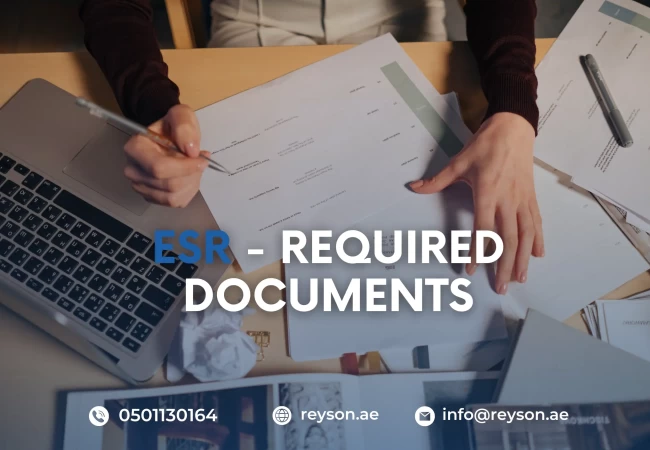

The UAE's Economic Substance Regulations (ESR) are in place. Economic Substance Regulations (ESR) apply to all businesses in the UAE.
The European Union placed the UAE on its list of non-cooperative tax jurisdictions, and the restrictions were published in response to concerns raised by the European Commission. Additionally, the legislation should help the UAE's legal system better conform to the guidelines outlined in the OECD Base Erosion and Profit Shifting (BEPS) action plan.
All UAE entities must assess whether they fulfill the 'economic substance' standards and plan how they will comply with the regulations, whether by strengthening UAE economic substance or restructuring.
Businesses must meet the requirements of the Economic Substance Test and file the ESR Report, which includes submitting the information and documentation outlined in the Economic Substance Regulations within the relevant Financial Year. According to Ministerial Decision 57 of 2020, ESR reporting should be completed within twelve months of the end of the respective financial year.
Following ESR Reporting, the National Assessing Authority issues a decision indicating whether the Licensee met the Economic Substance Test requirements within six years of the end of the relevant financial year.
A Licensee is considered engaged in a “Distribution Business” if the Licensee purchases raw materials or finished products from a foreign group company, and distributes those raw materials or finished goods.
A Licensee is considered engaged in a “Service Centre Business” if it provides consulting, administrative, or other services to a foreign group company, and those services are in connection with the foreign group company’s business outside the UAE.
Reyson Badger provides full services to assist companies in complying with the UAE's ESR Filing Required Documents. Our areas of competence include: